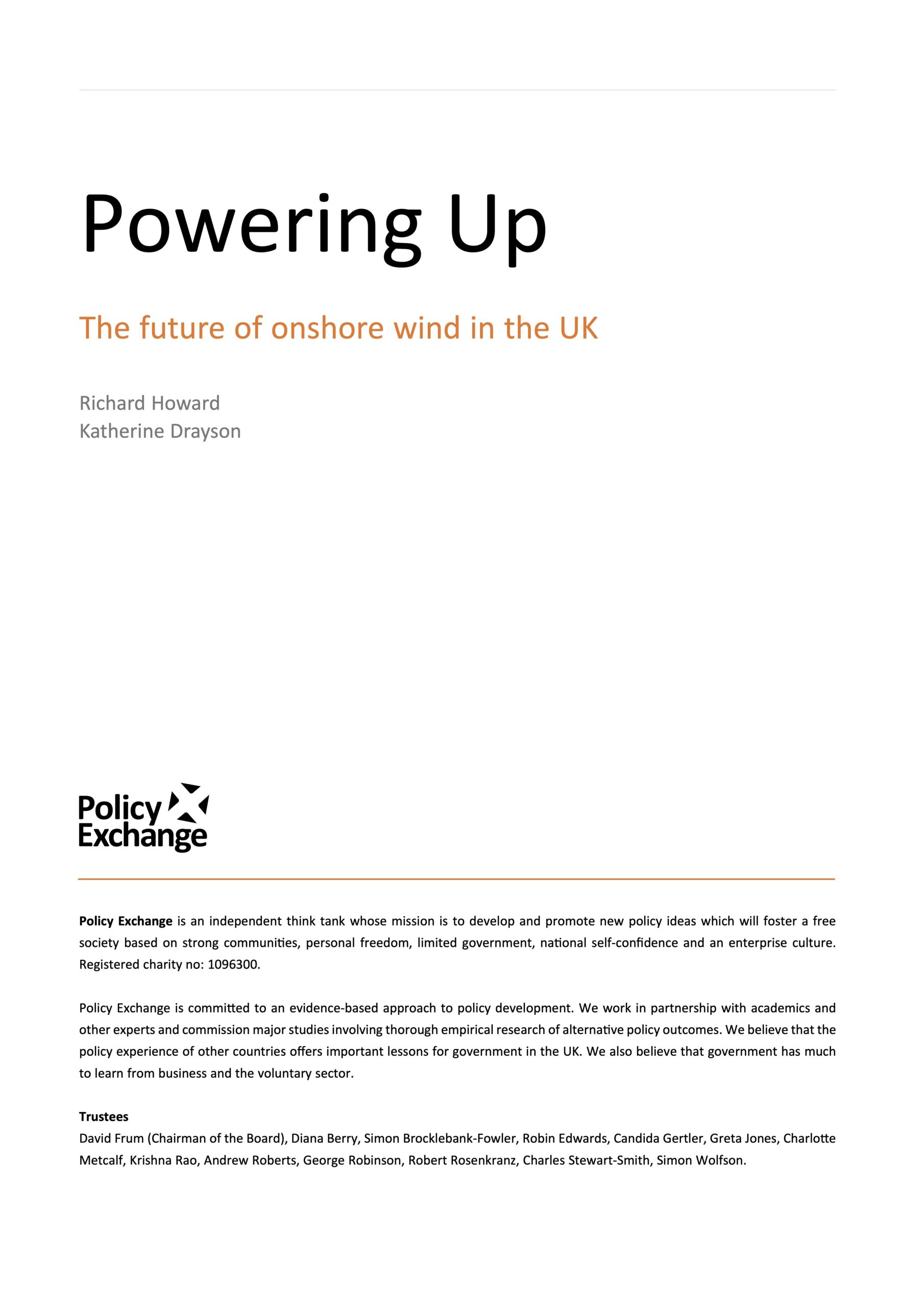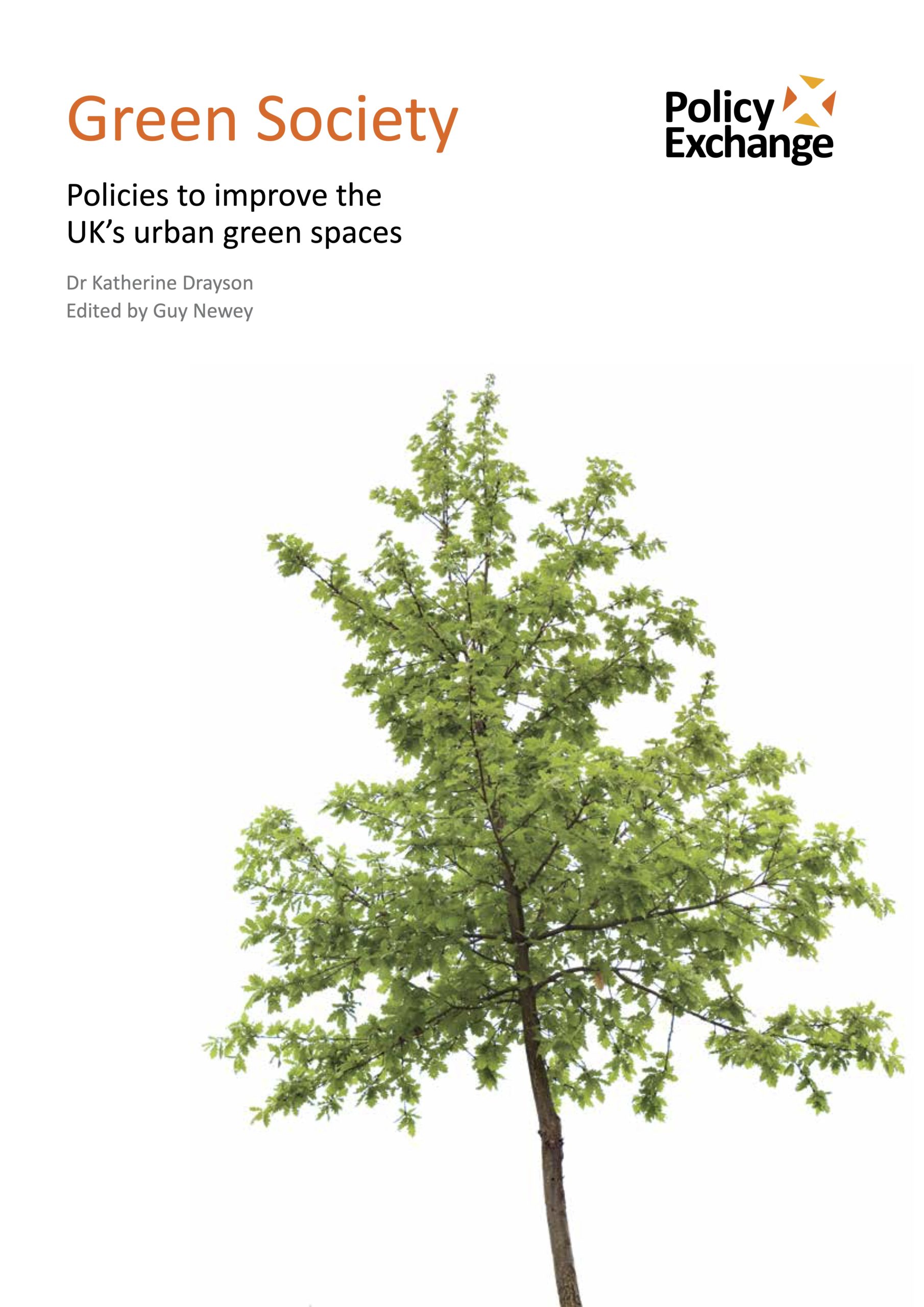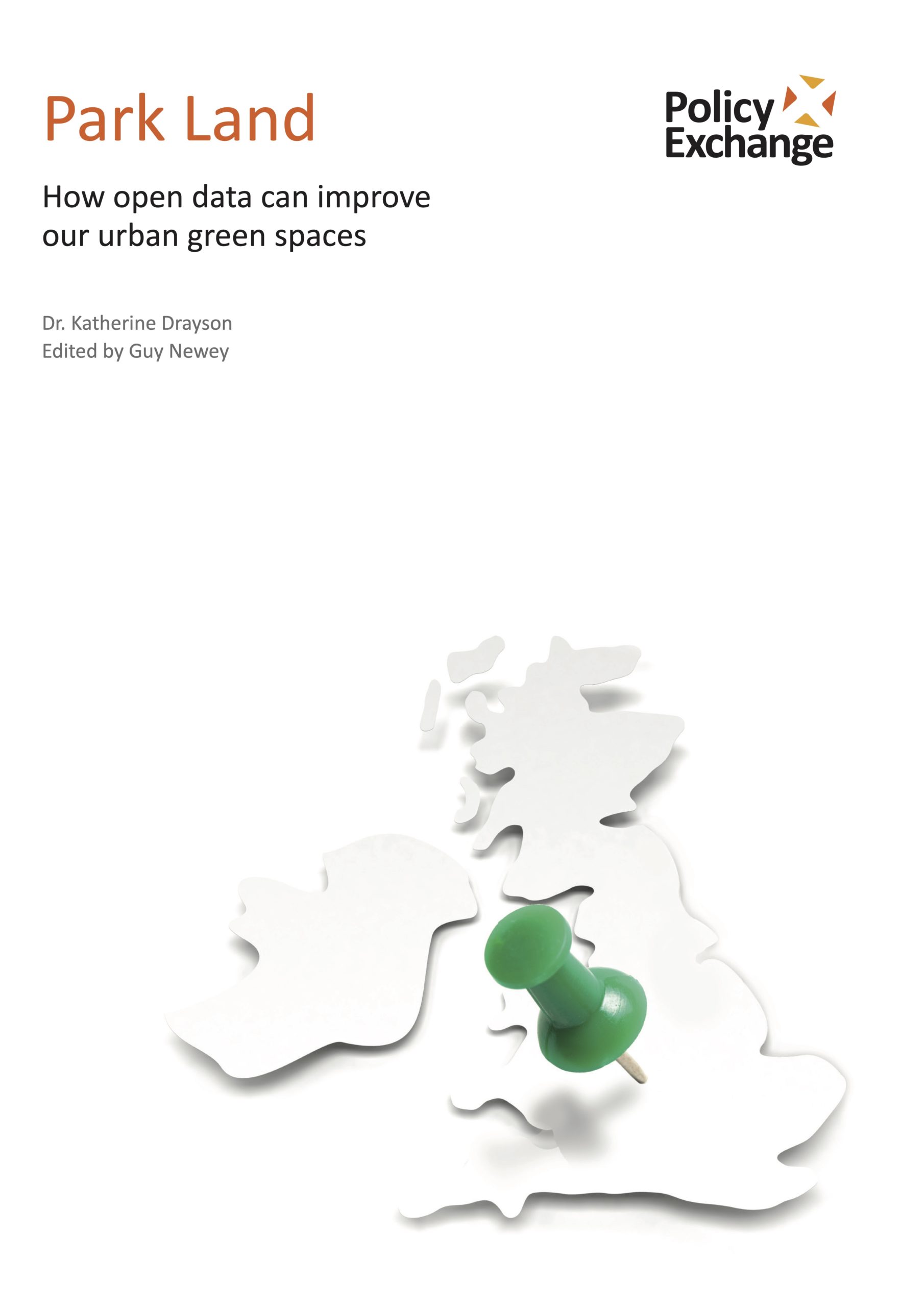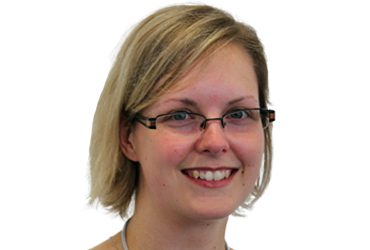Katherine Drayson
Environment & Energy Research Fellow, 2013-15
Katherine is now Senior Policy & Programme Officer – Environment at the Greater London Authority.Katherine joined Policy Exchange in January 2013 as a Research Fellow for the Environment & Energy Unit. Before joining Policy Exchange, Katherine conducted a PhD investigating the role played by ecology in the English planning system, and how this could be improved. Prior to this, she worked as an ecological consultant for both a global multidisciplinary consultancy and a specialist ecological consultancy. Katherine has a BA in Biological Sciences from the University of Oxford and has gained her PhD at Oxford Brookes University.
Onshore wind is the most cost effective and scaleable low carbon technology in the UK and should be allowed to continue, albeit with subsidies phased out, if the government wants to decarbonise at least cost to the consumer.
Parks and other urban green spaces are highly important to the social and economic wellbeing of the country. However, as local authority budgets have been squeezed, public funding of parks and open spaces has declined. In light of this, Green Society suggests a number of innovative ways to protect and improve the UK’s urban green spaces including the idea of a council tax rebate for local residents who volunteer to maintain nearby green spaces.
Britain's urban green spaces are coming under pressure, with financial and development constraints, coupled with a surprising lack of data, raising the possibility of a decline in the quantity and quality of our urban green spaces. Park Landcalls for a new freely-available national urban green space map for the UK to help make sure people living in cities have adequate access to good green spaces, test whether public money is being well spent and allow clever innovations in improving green spaces to be easily shared.
Katherine Drayson, Policy Exchange's Environment & Energy Research Fellow, looks at how aspirations for London to become a 'National Park City' can be bolstered by improved data and mapping.
Katherine Drayson, Policy Exchange's Environment & Energy Research Fellow, argues a more co-ordinated approach to environmental data could help solve a host of green challenges.
Following the launch of the National Pollinator Strategy at Policy Exchange by Liz Truss MP, Policy Exchange's Environment & Energy Research Fellow Katherine Drayson looks at how the Strategy's aims of reviving bee and other pollinator populations might best be met in urban areas.
Following Nick Clegg's announcement that the government is adopting recommendations from Policy Exchange's Park Land report to release Ordnance Survey data on publicly accessible green space, Environment & Energy Research Fellow Katherine Drayson highlights the potential for this data to be supplemented with further valuable information gathered from the public.
Katherine Drayson, Policy Exchange's Environment & Energy Research Fellow, writes highlighting the delicate balance between allowing new development and protecting local biodiversity. With the DCLG looking to raise the threshold at which a development would require an Environmental Impact Assessment (EIA), Katherine highlights the lack of planning data in this area and makes the case from Policy Exchange report Nurturing Nature for a public registry of all EIA planning applications.
Katherine Drayson, Environment & Energy Research Fellow at Policy Exchange, sets out how an Urban Green Space Map - as proposed in our report Park Land - would help to confirm whether there is a link between mental health and proximity to green space.




